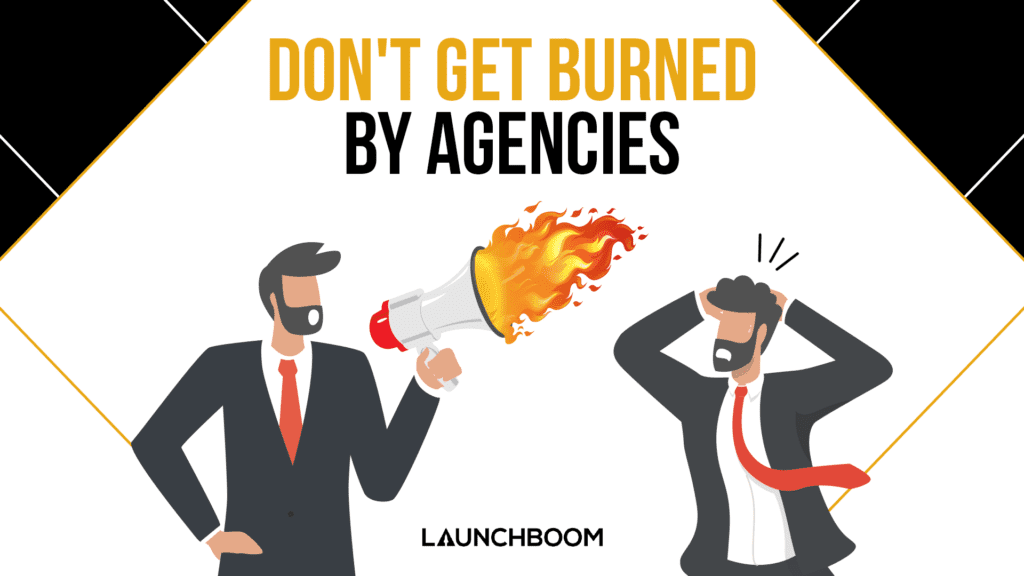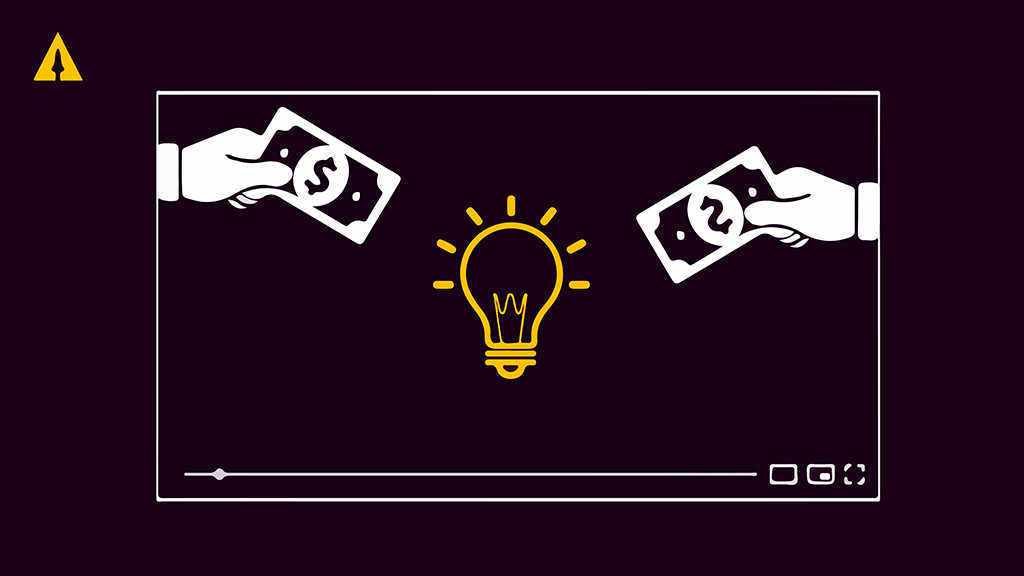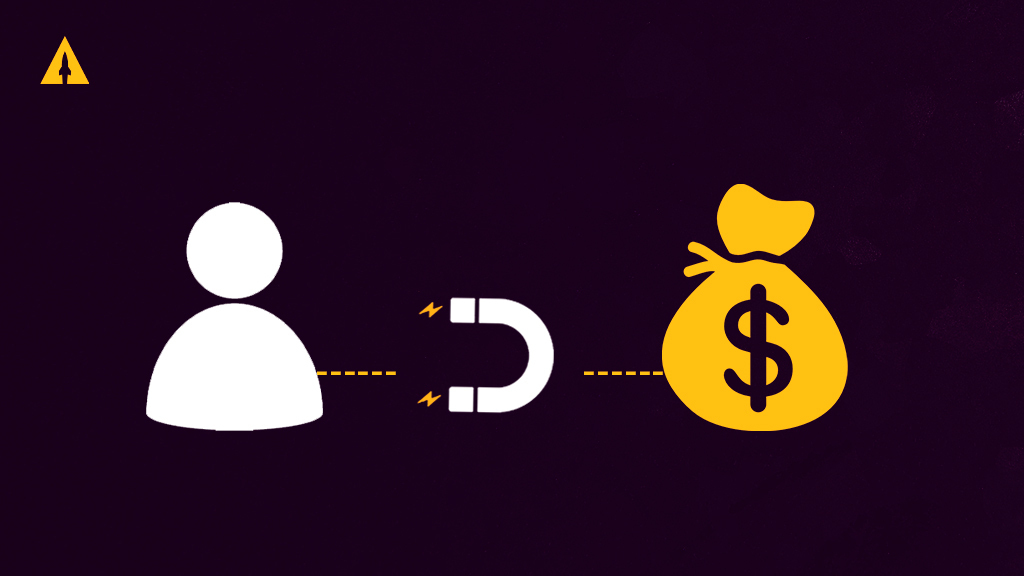
Working with a crowdfunding agency can be a great way to get your product off the ground. It lets you collaborate with experts who can guide you through the process, tackling tasks that are outside your area of expertise. Hiring an agency can seem like a no-brainer, but not every crowdfunding agency is a good fit for every entrepreneur. Here are our tips on how to find a good agency fit!
Understanding crowdfunding agencies
There are more than 40 crowdfunding agencies out there. How do you figure out which is the right one for your needs?
The first and most important step to take is to look at Indiegogo’s Experts Directory. This is a list of companies that they know and trust to work with their creators. Indiegogo’s directory lists just nine agencies out of the 40 claiming to work with entrepreneurs. When you dig even deeper, you find that only four agencies out there have more than 10 employees. (Small agencies can be amazing, but they often lack the ability to support huge product launches.)
There are differences other than size, too. Let’s take a quick look at different types of crowdfunding agency.
Exposure platforms
Exposure platforms are there to do exactly what it sounds like: put your product in front of people who might be interested in purchasing it. Sites like Tom’s Finds and Gadget Flow are exposure platforms. These sites are discovery channels that post about new and innovative products.
Exposure platforms aren’t targeted to your specific audience; they’re usually places with a broad range of cutting-edge products. The benefit of getting your product onto an exposure platform is that their audiences are so large that it’s likely that your product will find some backers anyway.
Single-service agencies
These agencies specialize in one part of the process. They might do videos (like Lemonlight) or Facebook advertising (like Jellop). The benefit of using single-service agencies is that they have to be very, very good at what they do in order to survive. The downside, of course, is that you’ll likely have to use several different agencies to manage different parts of the process.
Full-service agencies
Agencies like LaunchBoom are considered full-service because we work with entrepreneurs to cover every part of the process. From pre-campaign testing to list generation, from campaign video production to advertising, from identifying audiences to transitioning to post-campaign tactics and beyond, full-service agencies take care of the entire crowdfunding launch. Full-service agencies typically charge a flat fee to test and develop your campaign and a percentage of your total raise after everything is over.
What agencies should do for you
In order to understand how not to get burned by an agency, you need to understand what an agency should do for you. There are certain things that you need to make sure are included, and there are others that agencies will tell you that you need but are really just ways for them to make more money. Knowing which is which can help you find the agency that fits you best.
Product positioning
One of the first steps an agency should take is to figure out how best to position your product in the market. Your agency should ask questions like:
- Who are all of your audiences?
- How do we talk to them?
- What is it about them that makes them your ideal audience?
Answering these questions helps you figure out what you need to test before you move forward with your full campaign.
Content creation
Content is key; without copy, graphics, photos, and video, you won’t be able to communicate anything about your product with your potential backers. Here at LaunchBoom, we do all of our content creation in-house with our LaunchBoom Studios team. Not every agency operates this way, so it’s important to find out how your content will be created before selecting an agency.
Collect leads
Every agency should have a strategy for collecting leads. These leads are your email list; they’re the people you’ll nurture in the hopes that they’ll become backers. Any reputable full-service agency will have a system for collecting leads, but that’s really only the first step. You can only count on 1-4% of an email list to back your campaign… but there’s a way to qualify your leads to make that number between 30-40%. (You can read more about our reservation funnel system here.)
Generating and collecting leads is hugely important, but measuring purchase intent makes for a much stronger and more reliable list.
Active and ongoing advertising
Advertising isn’t a one-and-done thing. An agency should provide email marketing sequences, Facebook ads, a landing page, and more. All of this should be tested to make sure that you’re using the most effective methods possible to reach the largest number of qualified leads. All of this needs to be handled by someone who can do it while working within your financial model.
How not to get burned
Now that you know what an agency should do, it’s time to talk about how to make sure you don’t get burned. There are a number of things that you can do to watch out for yourself. Most of these are incredibly simple!
Check their company out
One of the easiest steps you can take is to look the agency up on LinkedIn and see if anyone actually works there. This isn’t absolutely foolproof; anyone with a LinkedIn account knows that they aren’t always kept up-to-date. It’s a good first step to take, though: if an agency says they can handle everything for you, but they only have two employees, chances are good that they’re either not being handled in-house or they won’t be handled well in-house. It isn’t always a bad thing if your agency outsources some things; it’s just important to know what you’re getting into so you can make the most informed decision possible when choosing who to work with.
After the peek at LinkedIn, check out Glassdoor. See what people say about working there. If people are generally happy where they work, their work will almost always be better. If there’s a high turnover rate, or if ex-employees leave scathing reviews, you might want to find a different agency to take your project on. It might not lead to a bad outcome for your project, but the overall experience you have in launching your product will almost always be better if everyone involved is happy with what they’re doing.
Do they do what they say they do?
Just because a crowdfunding agency’s website says that they handle every part of a campaign doesn’t mean that they do it all in-house. You should ask how things are handled, whether it’s video or graphics or ads (or any other part of the process). Outsourcing isn’t the end of the world, but keep in mind that it can be more difficult to keep track of all the moving parts of your project if there are other companies involved in getting everything finished on time. Communication could get jumbled, prototypes could get lost or damaged moving from one place to another, Company C could have to push a deadline back because of some unforeseen circumstance that then pushes everyone else’s deadlines back… you get the idea.
PR
Mounting a public relations campaign can end up being great… or it can be a waste of money that actively hurts your launch. The main thing to know about PR is that it’s unpredictable; you can’t guarantee good press, and the old saying “no press is bad press” definitely isn’t true when it comes to launching a product. You need good working prototypes to send to people well in advance of when you want the coverage to happen so they have time to use and review it, and you need to be certain that you have a reasonably high chance of getting good coverage.
If a crowdfunding agency relies heavily on PR in lieu of other marketing strategies, steer clear. (Check out this article for more thoughts on using PR for your campaign.)
Track record
Understanding what an agency has done in the past can give you an idea about what they can do for you. Take a look at their website to see what kind of portfolio or work showcase they have. Look for case studies that show not only their successes, but that they understand how they got to those successes and know how to replicate them with other products. Their past million-dollar campaign is only relevant to you if they understand the metrics behind it and how to do it again.
Avoid guarantees
Case studies and previous success stories show that a crowdfunding agency can get results, but past performance doesn’t guarantee future success. If an agency tries to tell you that they can raise a million with your campaign just because they did it before with a different campaign, run.
You might have the greatest product since sliced bread; you might end up breaking crowdfunding records with your launch. If an agency tries to make that kind of promise right off the bat, though, they’re basically lying to you. Nobody can know how much any product is going to raise without doing serious testing, and anyone who promises anything before doing that testing is misleading you at best.
Another type of guarantee to avoid is any kind of promised launch date. Your launch date should always be metrics-driven, and there’s very rarely a reason to stick to a specific launch date. Any agency that says they can launch in a specific amount of time or on a specific day doesn’t have your best interests at heart. There’s so much more to a successful campaign than launching on a certain day, and agencies that don’t take all of the rest of the work into account are going to let you down in some way.
Market testing
An agency should always pre-test the market before going ahead with a launch. If you don’t know what the market is like for your specific product, then you have no idea how it’s going to perform in that market. You can’t get a real idea for how your product will perform with generic numbers about products like yours; you need to know how your specific and actual product will do with all its features and unique selling points. If an agency tells you that your product will do well without doing any actual testing, it’s a good sign that they don’t have your best interests at heart.
Positive reviews
Look for testimonials from previous clients! Don’t just look on their website; the website will always feature the very best handpicked reviews. Take a look at the agency’s Google reviews instead. Agencies can’t manipulate those reviews, so you’ll get a better idea of whether the testimonials they feature on their website are accurate or if they’re trying to hide something by cherry-picking the few good ones from a sea of terrible ratings.
Be wary of video reviews unless they’re from a verifiable source. There are some websites out there where unscrupulous agencies can pay an actor to provide fake feedback making them look good. If a review seems scripted or vague, there might be a reason for that. Trust your gut!
References
Agencies will rarely provide references unless you specifically ask for them, but if you do, they should be able to provide a past client for you to speak with. The reference should be recent so you can get an idea of what it’s like to work with the agency as it currently is, not as it was years ago.
If you decide to contact a reference, decide what information you’d like to get from them before you reach out. The company isn’t affiliated with the agency, so any information they give you is on their own time. Be respectful of that!
Assessment
What does the crowdfunding agency do to figure out what you need? No two campaigns are alike, so while an agency might have a list of things to provide, not every campaign will need every part of it in the same way. Do they ask you about your product or your business? Do they try to get to know you, or do they just throw a generic quote at you without hearing about what your needs are first?
There are a ton of variables when it comes to launching a product. Occasionally a client will have inventory in stock already. Sometimes a product just isn’t a fit for crowdfunding. Other times there are extra needs that are outside the scope of a “normal” crowdfunding project.
Any agency that tries to offer a one-size-fits-all solution is going to be a poor partner in the process. That kind of agency is just looking for project revenue, and they’ll take on projects that they know won’t make it just because they want the money for trying. A reputable agency, on the other hand, will talk with you at length before trying to sign you to anything, because they’ll be more concerned with your outcome than their bottom line.
This list isn’t exhaustive, but here are some questions that the crowdfunding agency should ask:
- What is your product category?
- What makes your product different?
- Do you have a funding goal?
- Do you have access to capital?
- What is your prototype status?
- Do you have competitors?
Don’t let this article scare you: there are great agencies out there! If you want to talk with one of them about your upcoming product launch, apply to work with us today. (We encourage you to put us to the test with the tips in this article!)



